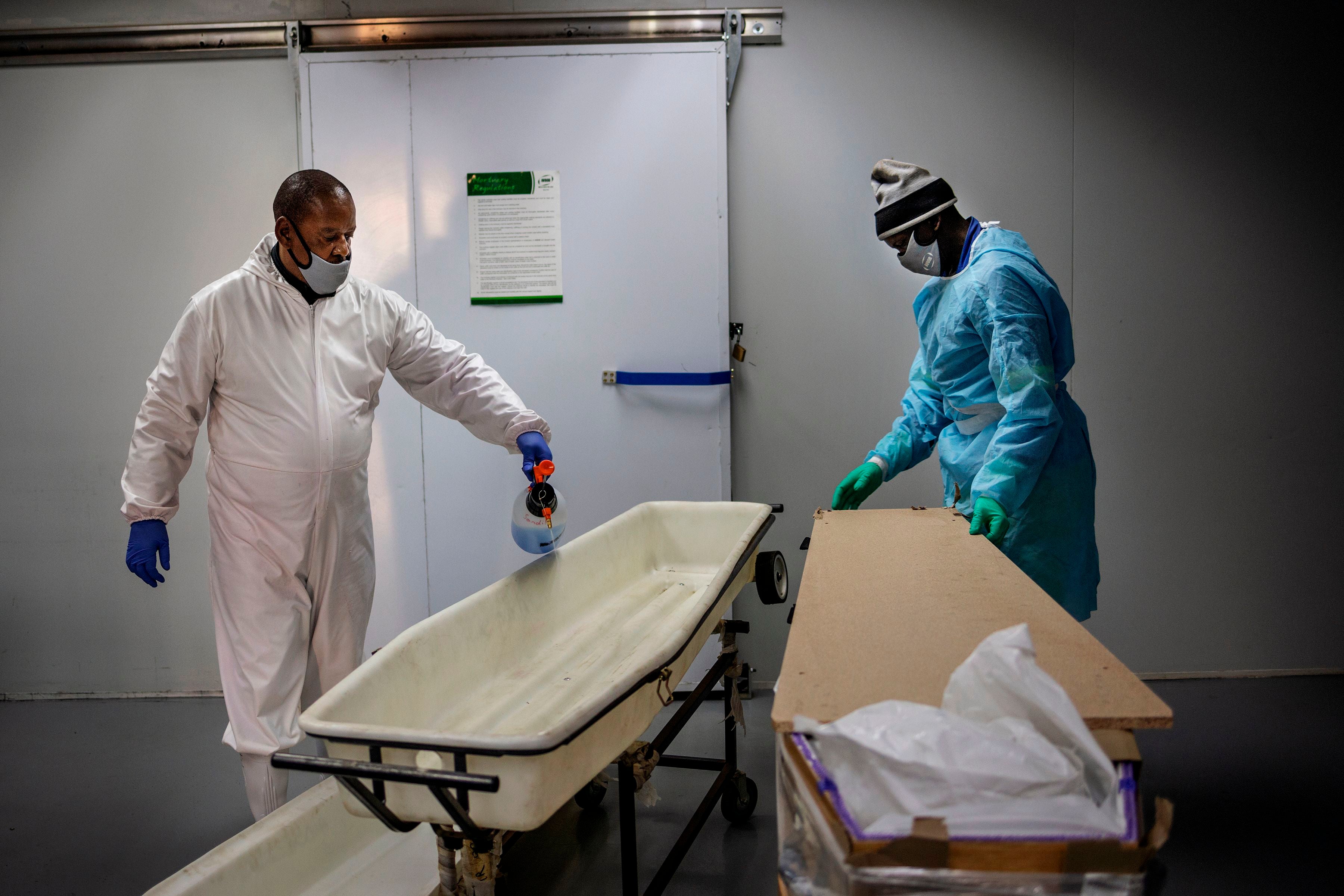
Editor’s Note (12/21/21): This article is being showcased in a special collection about equity in health care that was made possible by the support of Takeda Pharmaceuticals. The article was published independently and without sponsorship.
Recently, one of my patients borrowed money from a loan shark just to get a private taxi to the hospital. When we had a problem locating her test results, she broke down, justifiably furious. She probably wouldn’t be able to find the money to come in again. Another patient, an elderly woman, was so scared off by COVID-19 that she had avoided the hospital for days. She died within hours of finally arriving—of a treatable urinary tract infection that had entered her blood.
As a doctor in a small rural hospital here in South Africa, I’ve seen the myriad of ways COVID-19 has upended life and medical care, leading to tragic outcomes, even if indirectly.
South Africa is quickly becoming a COVID-19 hot zone, with over 470,000 confirmed cases, the fifth highest in the world. Confirmed are now over 11,000 in a country of just 58 million people.
According to a report by the South African Medical Research Council, there were 17,000 excess deaths from May 6 to July 14 as compared to data from the past two years. This reflects what I see every day: deaths are rising, and some are from COVID-19, but many more result from people unable to afford transportation to the hospital as a result of worsening economic conditions, or delaying treatment until it’s too late. That includes people with minor problems—like my patient with a simple urinary tract infection who was afraid to come to the hospital—and those seeking treatment for serious diseases like HIV/AIDS and tuberculosis (TB).
In South Africa, there are nearly eight million people living with HIV. In a country where just over a decade ago the disease killed more than 800 people every day, it is terrifying to see a situation unfold where people can no longer access lifesaving treatment. And according to a recent report, people with HIV or TB have twice the risk of dying from COVID-19.
I was a small child during the height of the AIDS epidemic here, but I still remember when an HIV diagnosis was a guaranteed death sentence. Now, HIV is a chronic disease that can be successfully managed with treatment. I’ve seen patients completely transformed—from emaciated and listless to healthy and thriving—after just a few months of taking antiretroviral medication. It’s been astounding to me, even as a doctor. Unless we find a way to get the pandemic under control, this transformative progress could be threatened. The stakes could not be higher.
What can be done?
I’m just one doctor trying to do my best for patients, but there is only so much that one doctor or one small hospital can do. We need a global plan. This pandemic doesn’t care about where you’re from or where you live. Squelching it one place means nothing if it’s raging somewhere else. And we need to squelch it completely.
We’ve seen what can happen when the world comes together to solve big problems, like it did during the height of the AIDS epidemic. Strong leadership from the United States in creating and investing in the Global Fund to Fight AIDS, Tuberculosis and Malaria and in the President’s Emergency Plan For AIDS Relief made an astonishing difference, cutting AIDS related deaths and new infections by half globally.
Now, the Global Fund has a new plan to fight COVID-19 and also make sure that all the progress we’ve made against epidemics like AIDS, TB and malaria isn’t lost. But it needs support. The U.S. Congress has a chance to provide a boost of funding for the Global Fund in its final round of COVID relief, being negotiated now. This money will go towards much needed PPE for health workers like me, new diagnostics to aggressively test for COVID-19 and resources to protect long standing AIDS, TB and malaria programs.
Every day I do the best I can for my patients. Every day I try to breathe through the anxiety and fear of possibly failing them and becoming sick myself. I will keep going. But now we need systems and countries to step up. If the world could come together once to fight a deadly epidemic, and if the U.S. could be a leader in that fight, surely it can happen again, right? The question is, will it?
